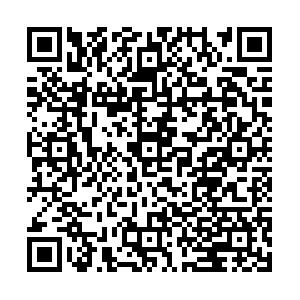联想、比较与思考:费孝通“天人合一论”与人类学“本体论转向”
Association, Comparison and Reconsideration: Fei Xiaotong’s Thesis of “Heaven-Man Unity” and the Anthropological “Ontological Turn”
-
摘要: 近年来,国内外社会人类学界对于天人或自然文化对立的宇宙观展开了批判,其中,尤以“天人合一论”和“本体论转向”为代表。此前,社会科学的问题大多与造成“同而不和”的功利个体主义有关,这些新的建设性批判,均主张重建文化-自然意义上的“和而不同”世界。在这个世界中,“我”是“总体的人”,是“容有他者的己”,从“我”的范畴谱系考据中,可以重新发现天人双关的“广义人文关系”内涵。当下盛行的视角主义观点虽有其建树,但却因袭了其批判的西方宇宙观的不少范畴,实为某种静态主义本体观的再现。中国以动为本的“生生论”传统,可为“人与自然关系的再认识”填补巨大空间,也可为自他物我融通的新人类学做出独到贡献。Abstract: In this essay, the author engages late Fei Xiaotong’s narrative of " Heaven-Man Unity” in his reconsideration of the recent " ontological” critiques of the natualist non-relational distinction between nature and culture. The author agrees with the reviewed that a " better” anthropology should be envisioned with the relational conception of " person”, the inter-subjective and inter-objective notion of " self ”. However, in consideration of the fact that the " ontological turn”, consisting of varied ethnographic transformations of " animism”, has in fact been a certain return to modern Christian pantheism, the author turns to the subject-object " dynamic convivialism”—discoverable not only in the Book of Change but also in " primitive animatism”—for a new enlightenment. By means of the re-enlivened " old wisdoms of the world”, the author conceptualizes his notion of " human relations in the broad sense of the term”.
-
Key words:
- Heaven-Man Unity /
- ontological turn /
- animism /
- nature/culture /
- social anthropolog
-

 点击查看大图
点击查看大图
计量
- 文章访问数: 8230
- HTML全文浏览量: 1328


 下载:
下载:
 沪公网安备 31010102003103号
沪公网安备 31010102003103号